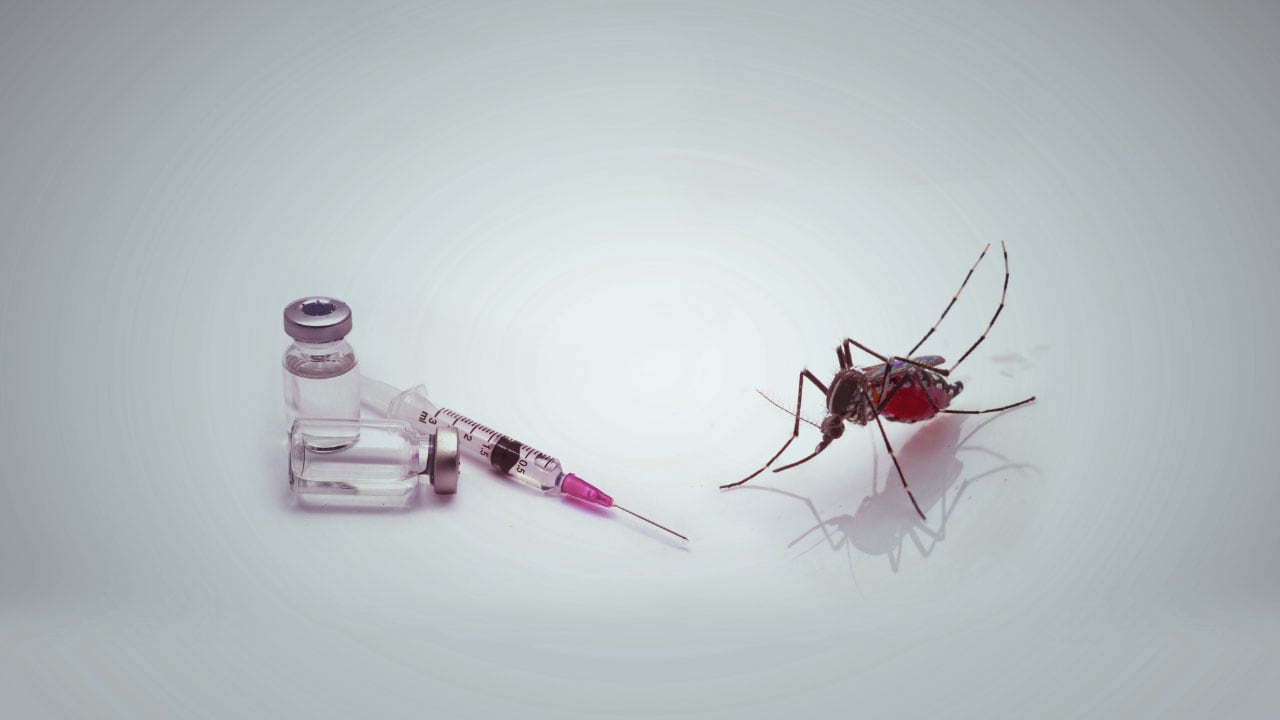DUBAI (Reuters) - The United Arab Emirates and several charities at the U.N. climate summit on Sunday offered $777 million in financing for eradicating neglected tropical diseases that are expected to worsen as temperatures climb.
Climate-related factors "have become one of the greatest threats to human health in the 21st century", COP28 President Sultan Ahmed Al-Jaber said in a statement.
The pledges, made as the COP28 summit on Sunday focused on climate-related health risks, included $100 million from the UAE and another $100 million from the Bill and Melinda Gates Foundation.
Others to announce funds for climate-related health issues included Belgium, Germany and the U.S. Agency for International Development.
The World Bank launched a program to explore possible support measures for public health in developing countries, where climate-related health risks are especially high.
The burden of tropical diseases will worsen as the world warms, along with other climate-driven health threats including malnutrition, malaria, diarrhoea and heat stress.
Many tropical diseases are already easy to treat. River blindness and sleeping sickness, for example, are both endemic to Africa and spread through parasitic worms and flies that are likely to proliferate in a warming world.
More than 120 countries have signed a COP28 declaration acknowledging their responsibility to keep people safe amid global warming.
The declaration made no mention of fossil fuels, the main source of climate-warming emissions, which the Global Climate and Health Alliance called a "glaring omission".
Activists including physicians in white coats held a small demonstration on Sunday within the COP28 compound to raise awareness of the issue.
"We are in a lot of trouble," said Joseph Vipond, an emergency physician from Alberta, Canada. He recalled the case of a child dying from an asthma attack made worse by smoke inhalation from Western Canada's record wildfires this year. "This is having real world impacts."
Climate change is also increasing the frequency of dangerous storms and more erratic rainfall.
In September Storm Daniel killed more than 11,000 people in Libya, and last year's massive flooding in Pakistan fueled a 400% increase in malaria cases across the country, according to the World Health Organization.
Earlier on Sunday, Microsoft co-founder turned philanthropist Bill Gates said scientists were working on new treatments for and prevention of mosquito-spread malaria as the rise in temperatures creates more hospitable habitat for the insects to breed.
"We have new tools at the lab level that decimate mosquito populations," said Gates, whose foundation supports public health research and projects for the developing world.
"These new innovations give us a chance, at a reasonable cost, to make progress."
Former U.S. Secretary of State Hillary Clinton also spoke on Sunday, urging reform to the world's insurance system as another key requirement to keep people safe.
"Right now insurance companies are pulling out of so many places, they're not insuring homes, they're not insuring businesses," Clinton said, addressing a panel on women and climate resiliency.
"It's people everywhere who are going to be left out with no backup, no insurance for their business or their home."
(Reporting by Gloria Dickie, Elizabeth Piper and Alexander Cornwell; Additional reporting by Simon Jessop, Kate Abnett and William James; Editing by Katy Daigle and Jan Harvey)
Reuters Health Information © 2023







